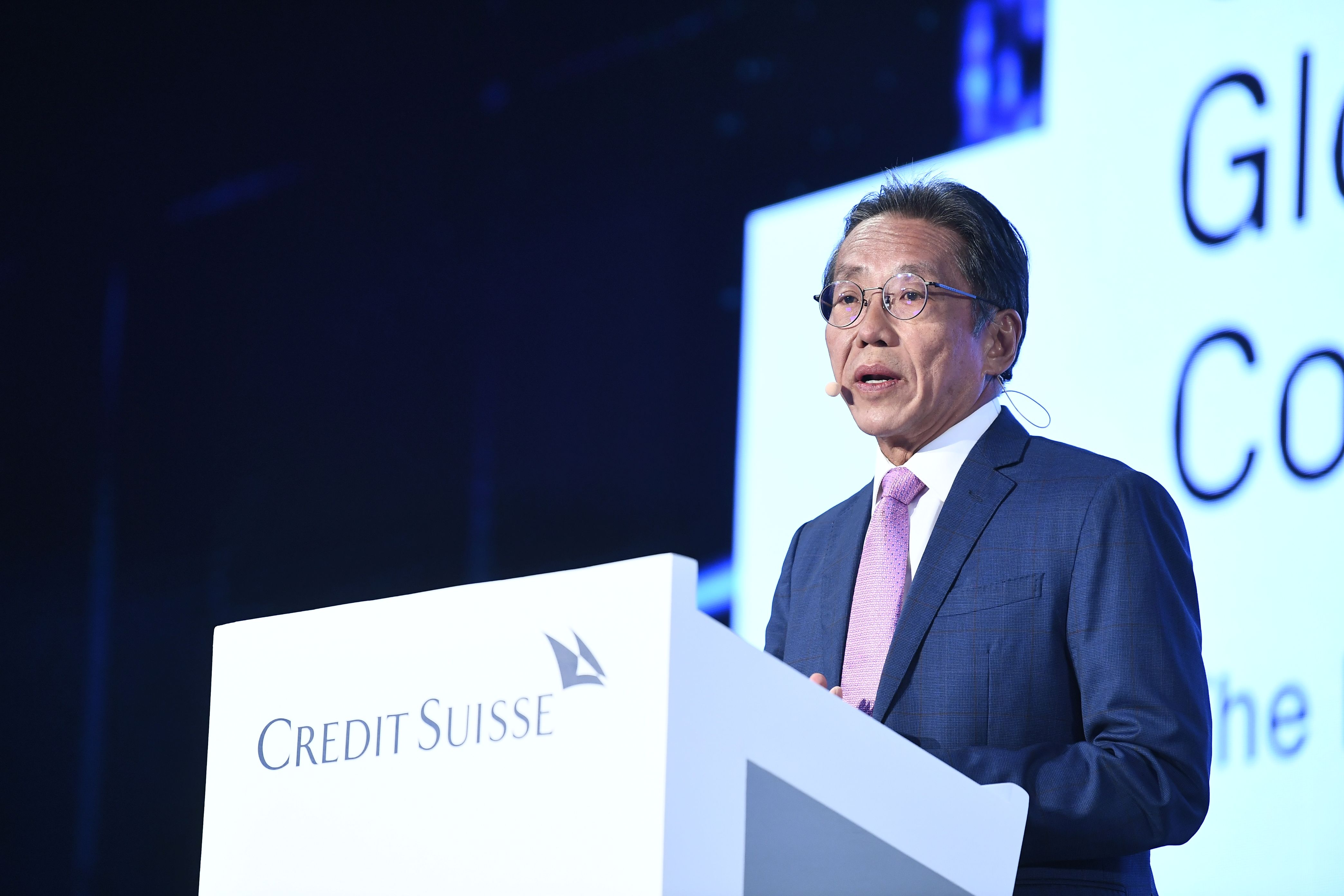
The dilution of Western values and influence at the same time as China’s inexorable rise could push much of Asia into making uncomfortable choices, according to a prominent Asian businessman. The Belt and Road initiative is intensifying this dilemma.
Speaking at the Credit Suisse Global Supertrends Conference 2019 in Singapore, Ho Kwon Ping, founder and executive chairman of Banyan Tree Holdings, articulated his viewpoint on what he terms the “coming civilizational reset”.
Giving the opening keynote address at the event, Ho provided an optic on how China’s Belt and Road is seen from differing sides. This Singaporean businessman admits to being more philosophically, ideologically and culturally comfortable with Western values and norms, rather than what he terms East Asian authoritarianism, and elucidated on his sadness on the demise or decline of Western liberal democracies. He rails against what he calls the tribalistic, chest-beating views articulated by some that stress how Asia is going to bury the West.
There are two versions of the narrative. Some analysts embrace the Chinese-led infrastructure developments that are connecting and opening new conduits for both business and personal benefit, while bolstering China’s place in the international order.
Others see the whole endeavour as a threat, endangering smaller nations by sucking them into debt, morphing these vulnerable countries into vassal states of an expansionist Chinese empire.
Winners and losers
Ho is able to illustrate first-hand the tangible effects of China’s infrastructure drive across Asia.
On a recent trip to the Maldives to visit one of his many exclusive resort properties, Ho observed the result of the new China-Maldives Friendship Bridge, which connects the Maldives' capital Male with neighbouring Hulhumale.
Ho has no doubt that the link has produced benefits and enhanced the lives of local people, enabling greater ease of travel. Highlighting the can-do approach of Chinese capital projects, the same bridge had been promised for years by India and various international organizations before China finally stepped up to make it a reality.
The downside of the massive scheme, however, sees the island nation now burdened with a mountain of debt and at risk of becoming politically obliged to China, the nation that bankrolled the project.
Ho feels he can see both points of view. Indeed, he often expresses his admiration for certain Western values, while vigorously embracing his own Chinese heritage.
China’s time has come, Ho says. However, he warns against the total evangelization of China’s civilizational values on other countries, arguing that such a move could stoke an aversion to growing Chinese power and influence, ultimately producing a pushback effect.
Don't demonize China
He also highlights how the rise of China has altered the Chinese people’s psyche, a people who have regained a lost confidence, with current generations now freer to pursue their dreams compared to previously inhibited generations.
But Ho is keen to differentiate individual dreams and aspirations from Chinese state-led goals. He concedes that some political commentators fear that the Belt Road is a tool to advance Chinese political influence and challenge the rules of the long-standing international order that the West takes for granted.
Turning to the current Sino-US trade spat, while Ho is confident a somewhat massaged agreement can be reached, he warns against the dangerous effect of both the US Democrats and Republicans’ habit of demonizing China.
He also acknowledges that China's sense of historical purpose is one that can no longer be prevented, and any notion of containing China’s overseas economic and cultural expansion would be disastrous.
Ho says the same sense of destiny that Americans have felt for over two hundred years is now coursing through the veins of China’s huge population of 1.6 billion, who no longer view themselves as a developing country, but one that has arrived.
The ubiquitous influence of the Belt Road is just one tool in China’s latest great leap; the power of technology, including the adoption of artificial intelligence, is another vehicle that will give China the edge, according to Ho.
For now, finding the right balance in the grand scheme of things for nations located in Asia is of crucial importance. “We cannot be a vassal state of China, nor can we demonize China the way it has been demonized by the West,” Ho says.
“We have to choose an independent role, to speak truth to power, to be humble, but to maintain our own independent course,” he concludes.









